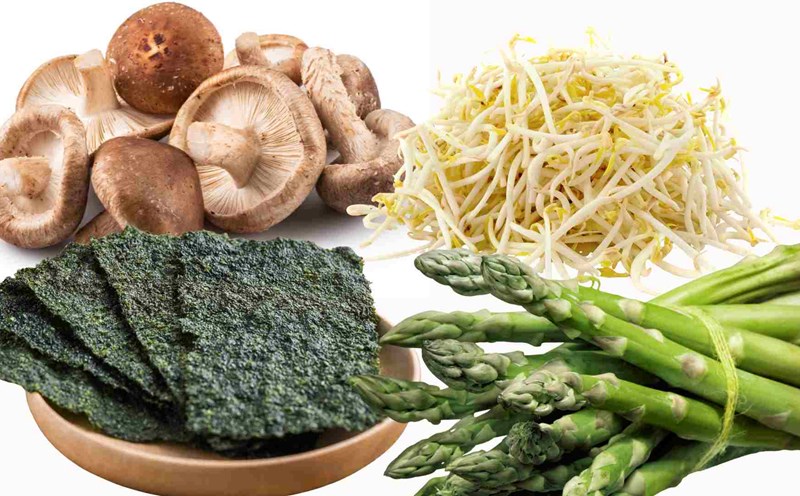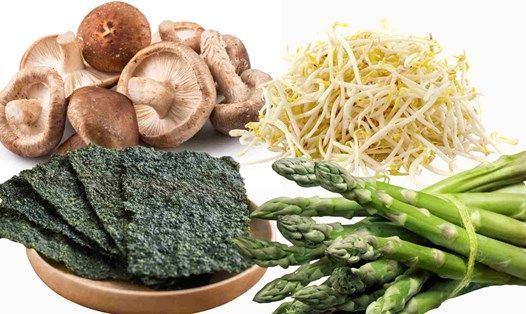According to Medical News Today, squash belongs to the group of foods with average purine content - that is, it can increase uric acid levels in the blood if eaten at the wrong time or too much. Purines are compounds that when metabolized, will form uric acid, which can cause the formation of urate crystals in the joints, leading to pain and swelling.
Healthline experts say that the safest time to eat squid is at noon or early afternoon, when the body's metabolism is most active. At this time, the liver and kidneys have enough time and energy to process excess purines, helping uric acid not to accumulate too much. On the contrary, if you eat squid in the evening, especially near bedtime, the metabolism slows down, causing uric acid levels to increase and stagnate in the blood.
Outside of the time, Cleveland Clinic recommends that people at risk of gout should eat squid at most once twice a week, no more than 100g per time, and should eat with lots of green vegetables or drink plenty of water after meals to increase uric acid excretion through the kidneys. Limit eating with alcohol, beer or animal organs, because these foods contain a very high amount of purines, which can cause uric acid to increase many times faster.
In particular, the processing of squid also affects the ability to absorb purines. According to Harvard Health Publishing, steamed or boiled squid is better than fried, grilled or stir-fried squid with a lot of oil. High temperatures and fat make it difficult for the body to digest, slowing down the excretion of uric acid.
In short, eating squid is not harmful if you know how to choose a lunchtime time, eat a moderate amount and prepare it healthily. With this method, you can still enjoy your favorite seafood without worrying about increasing the risk of gout or uric acid metabolism disorder.











